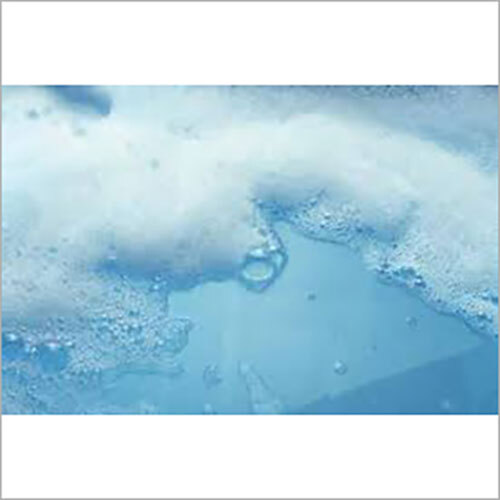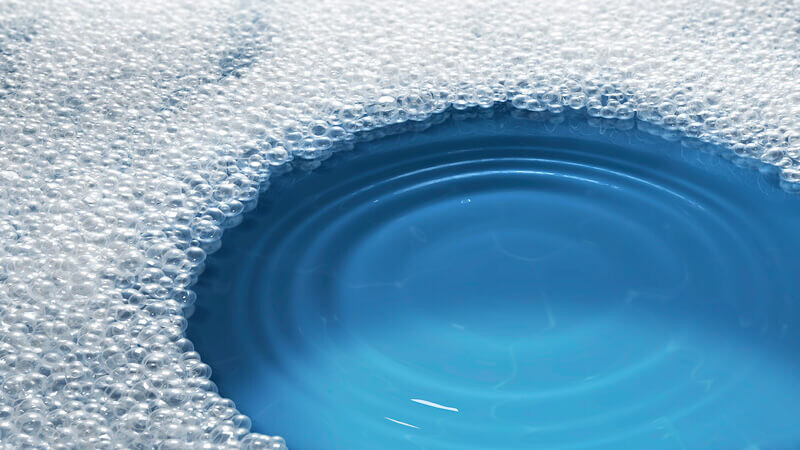The Importance of Defoamers in Industrial Processes and Applications
The Importance of Defoamers in Industrial Processes and Applications
Blog Article
The Role of Defoamers in Enhancing Item Top Quality and Performance
In various producing procedures, the visibility of foam can dramatically impede item high quality and operational performance. Defoamers work as necessary additives that reduce this issue, making sure smoother manufacturing workflows while boosting the practical and visual features of the last items (defoamers). Their application spans a multitude of markets, from food and beverage to drugs, where consistency and integrity are extremely important. Nonetheless, the selection of the appropriate defoamer can be important to attaining ideal outcomes, raising important concerns regarding solution compatibility and efficiency metrics that warrant more expedition.
Comprehending Defoamers
Comprehending the duty of defoamers is vital for keeping item high quality across numerous markets. Defoamers are chemical additives developed to decrease and avoid the development of foam in liquid systems, which can adversely affect processes such as blending, filling, and surface area tension. Foaming can bring about inefficiencies, item flaws, and endangered aesthetic allure, making defoamers a critical part in making operations.
In industrial applications, defoamers aid to enhance product uniformity and security. The efficient use of defoamers not just makes sure smoother manufacturing processes yet also adds to premium product efficiency.
In addition, the selection and formula of a defoamer need to straighten with details application demands, such as compatibility with other components, effectiveness under varying temperature and pH problems, and prospective regulative restrictions. Inevitably, understanding defoamers' features and their value in different solutions is crucial for optimizing manufacturing and making sure the highest possible quality final result.
Kinds Of Defoamers
Defoamers can be classified into numerous kinds based on their make-up and system of activity. The primary types consist of silicone-based, non-silicone organic, and inorganic defoamers.
Silicone-based defoamers are among one of the most efficient, largely because of their capability to spread out swiftly on the liquid surface and interfere with foam formation. Their one-of-a-kind chemical structure permits exceptional stability, making them ideal for high-temperature applications and atmospheres with differing pH levels.
Non-silicone organic defoamers, often composed of fatty acids or natural oils, are valued for their biodegradability and reduced poisoning. These are commonly utilized in food and beverage applications where safety and environmental influence are vital.
Inorganic defoamers, that include materials like talc or calcium carbonate, act by boosting the thickness of the fluid, therefore lowering foam stability. They are frequently used in commercial processes where compatibility with other products is not an issue.
Each sort of defoamer has unique benefits and constraints, permitting tailored options depending upon the particular foaming issues encountered in different applications. Understanding these distinctions is vital for optimizing efficiency and achieving preferred item quality.
Applications Across Industries
Countless industries utilize defoamers to boost item quality and functional effectiveness. In the food and drink market, defoamers are essential in processes such as brewing and milk manufacturing to prevent foam formation, which can bring about inefficiencies and item variance. By regulating foam, producers can make sure better return and an extra uniform item.
In the my website pharmaceutical sector, defoamers play an important duty in the solution of liquid medicines, where extreme foam can hinder mixing and accurate dosing. Their use aids keep the honesty of the formulas and facilitates smoother production processes.
The paint and finishings industry also relies upon defoamers to improve the performance of items throughout application. By decreasing foam, these ingredients make certain a smoother finish and boost the aesthetic top qualities of the end product.

Advantages of Utilizing Defoamers
While the application of defoamers differs across markets, their benefits continually boost product quality and procedure performance. One considerable benefit is the reduction of foam formation during producing processes, which can or else result in manufacturing hold-ups and disparities in product high quality. By minimizing foam, defoamers allow a smoother flow of materials, facilitating a lot more efficient operations and lowering the likelihood of equipment malfunctions.
Additionally, making view it use of defoamers can enhance the appearance and texture of last products. In sectors such as finishings, paints, and food processing, extreme foam can compromise the aesthetic aesthetic appeals and general quality, while the suitable defoamer application makes sure a consistent finish and desirable qualities. Defoamers can add to cost financial savings by decreasing waste during production and optimizing the usage of raw materials.

Picking the Right Defoamer
Selecting the right defoamer is important for enhancing production processes and guaranteeing item quality. The selection of defoamer affects not just the performance of foam control yet additionally the overall performance features of the end product. Variables to think about include the sort of application, the chemistry of the formulation, and the ecological conditions under which the item will be used.
Various sectors might need certain defoamer types, such as silicone-based, organic, or polymeric defoamers. Recognizing the compatibility of the defoamer with the primary ingredients is important to prevent unfavorable responses that might endanger item stability. In addition, the defoamer's efficiency in different temperature levels and pH levels should be assessed to guarantee constant performance.
Examining the defoamer in small applications can offer valuable insights into its performance and suitability. Factor to consider of governing compliance, specifically in food, pharmaceuticals, and cosmetics, is critical in picking a defoamer. Inevitably, a complete assessment of these variables will lead to the option of a defoamer that not just regulates foam successfully but also boosts the quality and efficiency of the end product.
Verdict

In conclusion, defoamers are crucial additives that substantially enhance product top quality and efficiency throughout various sectors. By properly lowering foam development, these agents not just enhance operational effectiveness but also add to the useful and visual integrity of items. The critical choice and application of defoamers bring about cost financial savings, optimized resource usage, and increased client complete satisfaction. On the whole, the relevance of defoamers in commercial procedures can not be overemphasized, as they play an essential role in achieving constant and high-quality results.
Lathering can lead to inefficiencies, product issues, and compromised aesthetic allure, making defoamers an essential component in manufacturing operations.

Report this page